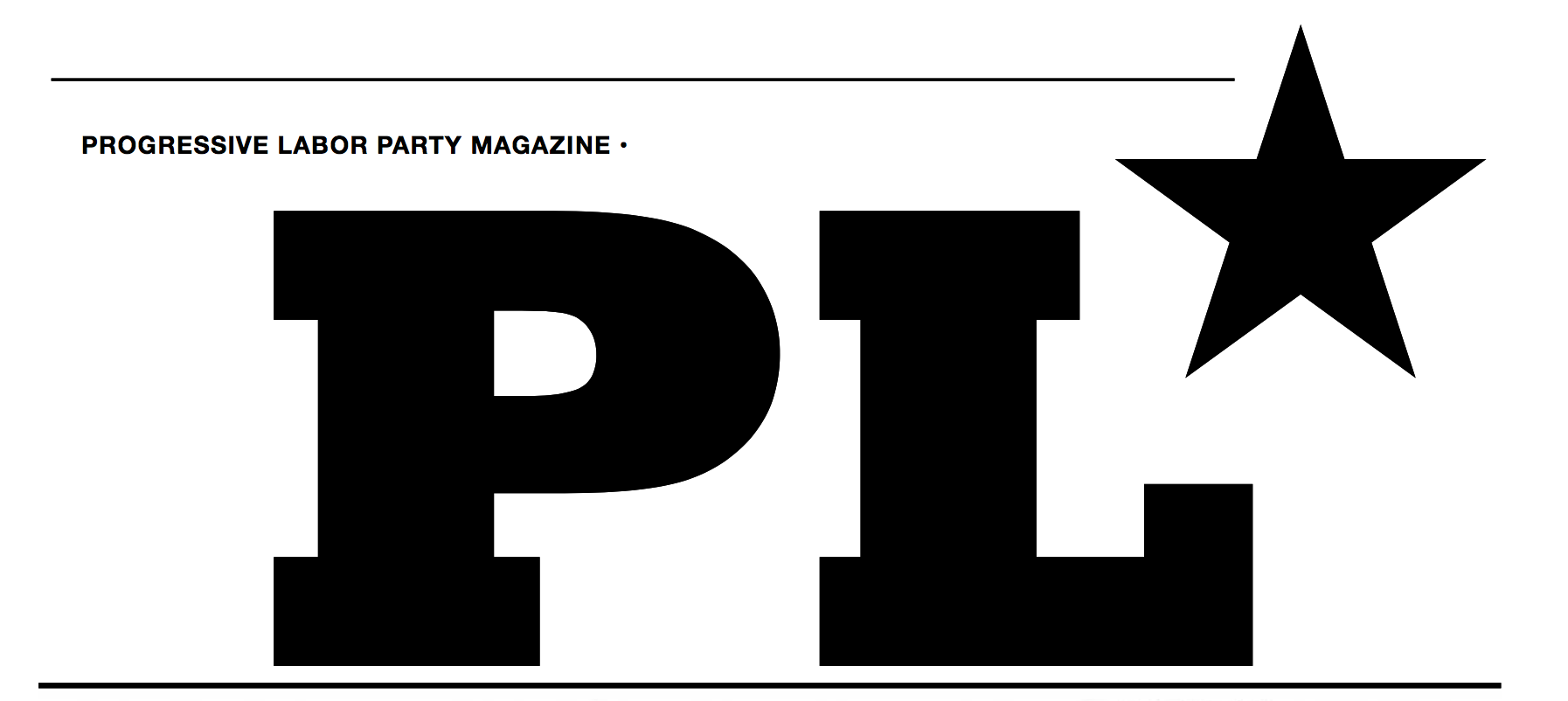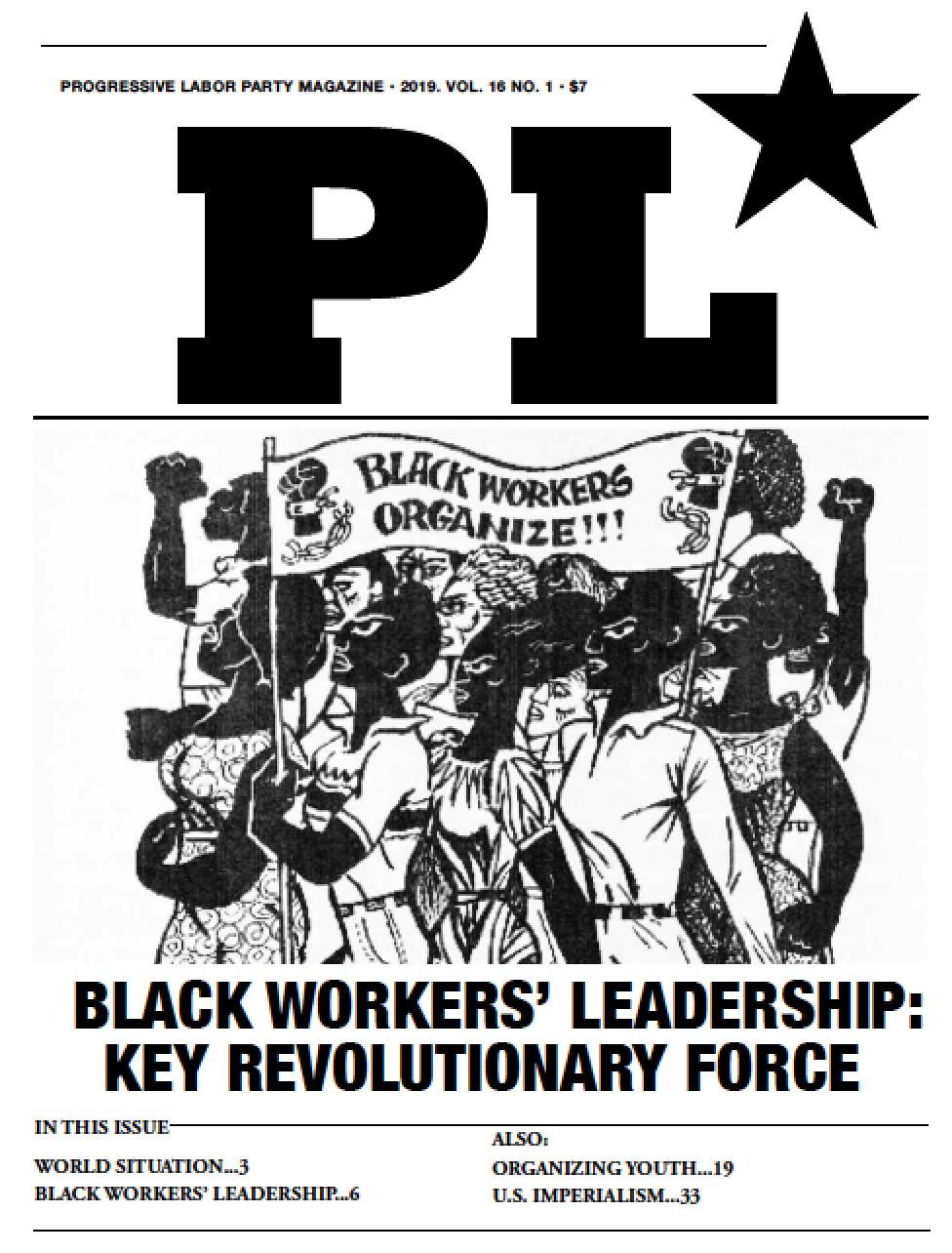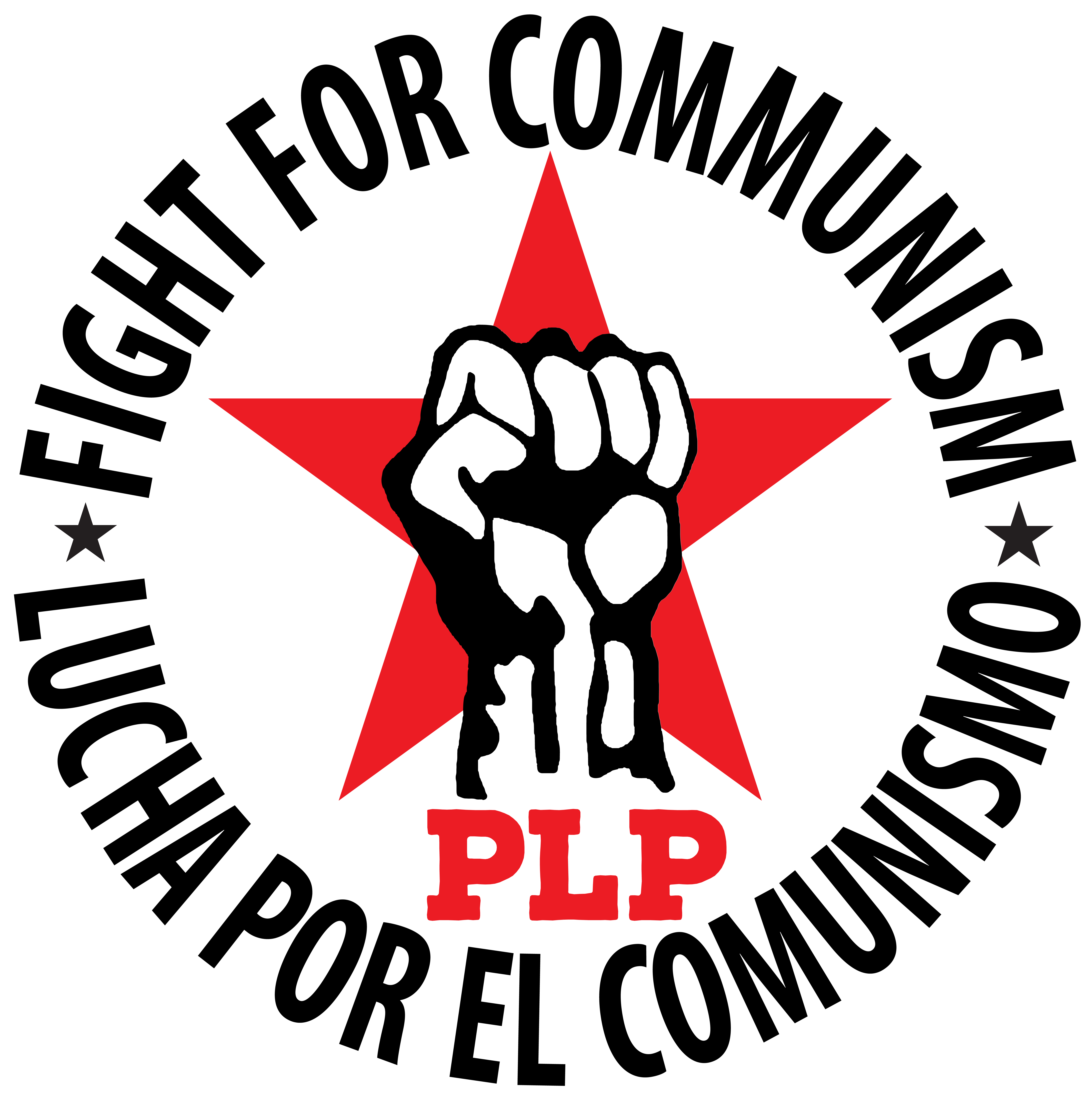Keywords to raise class consciousness
 Friday, July 9, 2021 at 5:29PM
Friday, July 9, 2021 at 5:29PM New Jersey, July 6–What’s in a name?” asks Juliet in Shakespeare’s famous play Romeo and Juliet. Well, actually, quite a lot. What you call something has a lot to do with how you think about it.
Some words, like racist or sexist slurs, do not encourage thought but simply harden the dehumanizing psychological categories that enable the bosses to divide and rule. Other words we use, though, can open up new ways of thinking about the world—or, conversely, set limits to our understanding. While a phrase like “great power conflict” obscures the causes of wars, for instance, the word “imperialism” encourages us to analyze the root economic causes of the violence causing mass impoverishment, uprooting, starvation, and murder.
Especially when millions of people, many of them young, are becoming fighters in movements for “social justice,” the vocabulary communists bring to the struggle can play a crucial role in challenging the popular liberal beliefs—vigorously promoted by the main wing of the U.S. ruling class–that often end up tying people to the capitalist system that in many ways they oppose.
Members and friends of Progressive Labor Party, who are active with the Radical Caucus (RC) of the Modern Language Association (MLA), initiated what we’re calling the “Keywords Project.” Our goal is to analyze the potentialities and limitations embedded in terms that are significantly influencing the theory and practice of the emerging generation of worker and student organizers. (This discussion focuses only on words in English; clearly other languages pose issues that are both overlapping and distinct.)
A few of the many terms we are investigating are: “abolition”; “intersectionality”; “racial capitalism”; “white supremacy”; “privilege”—and “social justice” itself. While these and comparable terms are often treated as simply referring to what we all know, actually they contain many ambiguities and unstated premises. Their meanings are not transparent and self-evident.
Some currently popular terms, like “abolition,” convey a militant call for change. But…abolish what? Can the system of racist mass incarceration be demolished, for instance, without the corresponding overthrow of the capitalist state? Other terms, like “white supremacy,” target inequality. But this term also implies that whiteness is the source of oppression, and that all white people are oppressors: the foundations of racialized hierarchies in capital’s drive to exploit and divide the working class are obscured.
And can “social justice” be anything but a pipedream so long as a small number of the super-rich control governments and economies around the world?
The “Keywords Project” has been conducting a series of reading groups and is aiming at a mini-conference on September 11, as well as a session at the MLA Convention in January 2022. The goal of the project is not to separate language from action, but—through a series of “reports from the field”—to integrate theory with practice.
The RC also plans a series of workshops aimed at training graduate students—currently engaged in a new wave of class-conscious protests—to organize unions and other forms of anti-capitalist activity. The struggle over words is not “academic”; it is vitally important to the shaping and guiding of the class struggle.J
If you are a reader of CHALLENGE who would like to participate in any of the reading/discussion groups organized by the “Keywords Project”, you are encouraged to get in touch with us by writing to desafio.challenge@gmail.com.





 Progressive Labor Party (PLP) fights to destroy capitalism and the dictatorship of the capitalist class. We organize workers, soldiers and youth into a revolutionary movement for communism.
Progressive Labor Party (PLP) fights to destroy capitalism and the dictatorship of the capitalist class. We organize workers, soldiers and youth into a revolutionary movement for communism.




Reader Comments